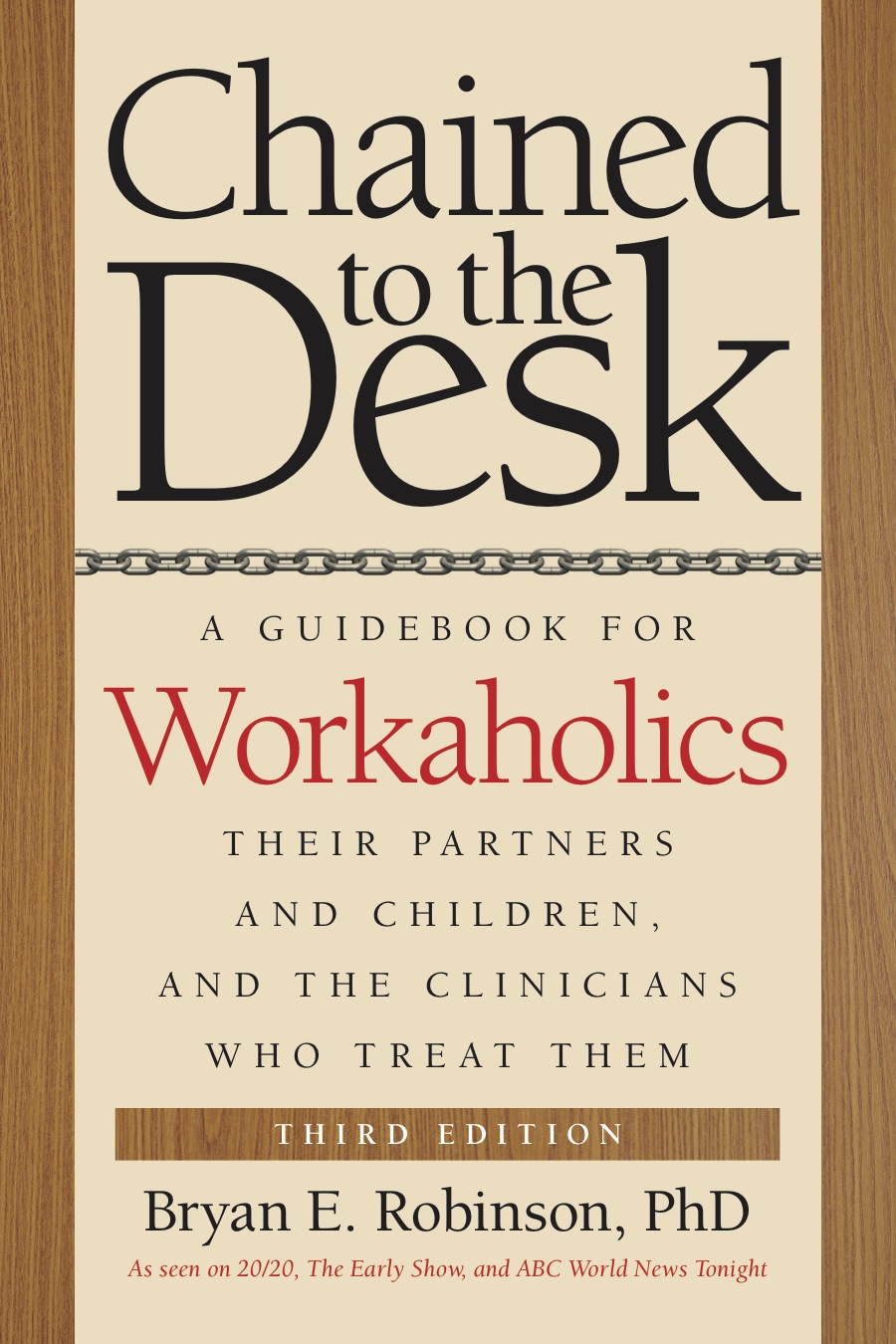Organizational experts charge that many businesses encourage the denial of work addiction and actually promote it as acceptable because it seems to be productive. They suggest that corporate America functions like an individual addict by denying, covering up, and rewarding dysfunctional managers and those in key corporate positions negatively affect the organizational system and the employees of that system by perpetuating work addiction at every level. They offer six characteristics of companies (described below) that promote work addiction on the production line, in the boardroom, or in sales meetings.
Do you toil in a workplace where the human element is overshadowed by the details of the workload? Check out the following characteristics and see if any of them ring true where you work.
The mission of the organization is denied, ignored, or forgotten.
You’re so preoccupied with being productive that you forget why the organization exists. You lose sight of the overall mission of your work because you’re pressured by the economics of the business.
Corporate survival reigns supreme.
Corporate survival is the top priority, and you’re viewed as a commodity to be used up and then discarded. Stress management is offered to keep you and your coworkers productive. The business survives as employees drop like flies.
Profit is the driving force of the workaholic company.
Your company seeks short-term, immediate gratification instead of deferred, long-range solutions, results, and profit. The integrity and mission of the organization, as well as your mental health and that of other employees, are better served by a long-term focus at the expense of immediate profit.
The workaholic environment is self-centered and has no boundaries or respect.
You’re expected to carry your workload home on weekends and glue yourself to your laptop, e-mail, and iPhone on weekends and holidays to perform adequately. With its lack of boundaries, your company doesn’t respect and honor your personal life. It’s selfish, greedy, and demanding. You’re constantly at the disposal of the organization, regardless of your personal or family needs. The workaholic organization makes you dependent on it through perks and benefits. It buys your loyalty, even though you’re miserable and officewide morale is low. Quitting isn’t a viable option for you.
Crisis management is the norm in workaholic organizations.
Crisis shifts the focus of the organization away from emphasizing your needs and welfare to solving the crisis. When businesses are organized to respond to problems without forethought, they’re perpetually putting out fires. This keeps you and your colleagues hyped up, with your adrenaline flowing, your attention focused on the needs of the organization, and your emotional and mental health needs on the back burner. There’s less attention devoted to long-term planning; when it does exist, it’s often cursory.
Intimacy does not exist in the workaholic environment.
You feel like a cog in the corporate machine. Your work environment is cold and impersonal. Socializing and close relationships are minimized or even discouraged. Your company operates on the premise that employees are dispensable, like machine parts, and, once used up, you will be replaced by someone else.
If you’re a workaholic, you’re at risk of being attracted to and thriving in jobs that have any or all of these six characteristics. You might even insinuate your way into the ranks of management, fostering work addiction throughout the company. But if you’re an efficient worker, you’re less willing to sacrifice your whole life for unreasonable work demands. In some cases you’re able to make drastic changes in your work life, such as downshifting into less stressful jobs and simplifying your personal life.
Do you work in a job that promotes work addiction or one that nurtures its employees?

Follow us here and subscribe here for all the latest news on how you can keep Thriving.
Stay up to date or catch-up on all our podcasts with Arianna Huffington here.


